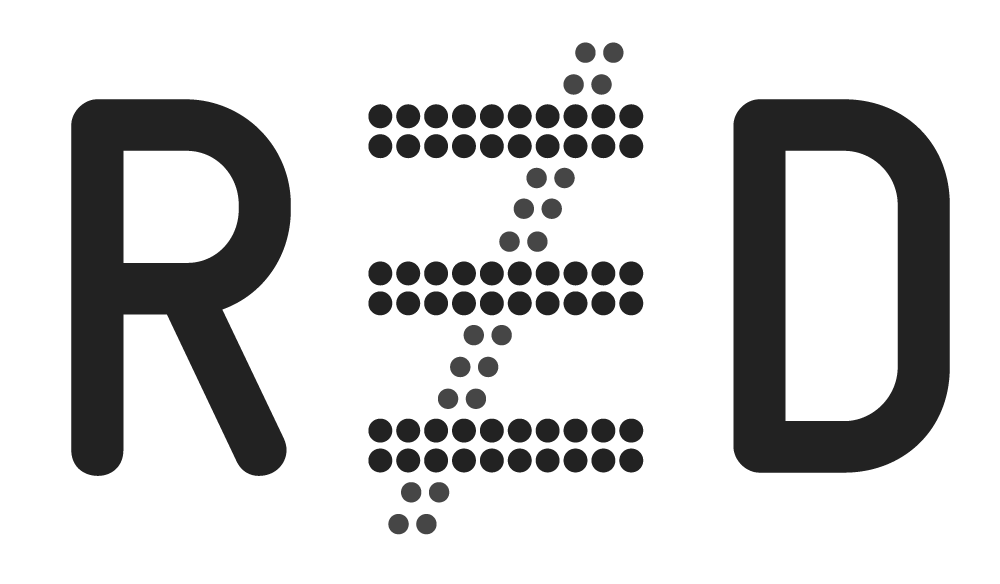After having started the analysis of our digital education policy archives in each participating country of our research project we are beginning to find ‘meta-narratives’ within and between our national scopes. These ‘meta-narratives’ are overarching problematizations represented in the policies we analyse that sometimes are in line and sometimes compete with each other. In the German context we are for example observing a stylistic ‘meta-narrative’ that is often found in the introduction of digital education policies: the question of ‘what is at stake?’ (in a sense of ‘what is at stake if this particular policy won’t be properly implemented or enacted?’). It seems like digital education policies must be legitimized by claims of certain educational ideals being at risk. In other words: Without this certain policy the educational ideal ‘X’ cannot be realized. Although in our digital education policy archive, we find different answers on what ‘X’ is, there is one educational ideal that we encounter more often than others: The educational ideal of ‘Mündigkeit’.
We find this ‘meta-narrative’ for example in the highly influential policy strategy Education in the Digital World by the Standing Conference of the Ministers of Education and Cultural Affairs (KMK) from 2016. This strategy contains a competence framework claiming to provide students with competencies and tools to enable a life in the digital world that is ‘selbstständig’ (independent) and ‘mündig’ (See KMK 2016). And here we encounter the pragmatic problem of how to even translate ‘Mündigkeit’ to English. The first translation coming to mind is ‘maturity’, after that maybe ‘autonomy’ or also ‘responsibilty’. ‘Mündigeit’ contains the meaning of all the named and even more. It is maybe the most prominent educational ideal in the German education discourse and certainly one of the most value-loaded and normative terms out there. ‘Mündigkeit’ is directly linked to the ideas and philosophies of the European Enlightenment and was frequently used by Immanuel Kant. In his 1784 Essay Answering the Question: What Is Enlightenment? Kant famously writes: “Enlightenment is man’s emergence from his self-incurred immaturity” (Kant 1784). ‘Immaturity’ of course being a direct translation of the word ‘Unmündigkeit’. ‘Unmündigkeit’ or ‘Immaturity’ in Kant’s sense is “the inability to use one’s own understanding without the guidance of another” (Kant 1784). So when the KMK strategy claims that in the digital world students are at risk of being ‘unmündig’ and therefore need specific competencies to become ‘mündig’ again, we can trace back a certain view of ‘the digital’ represented in this policy: ‘The digital’ as mentioned here hinders students of using their own understanding, they are guided by something other than themselves – in short: they are dependent.
But dependent on what? At this point the policy does not clarify any further, it seems to be enough to state the high risk of being ‘unmündig’ to legitimize the policy itself. This is where we face a problem with the stylistic ‘meta-narrative’ of asking ‘what is at stake?’. The tendency seems to be to reach for the very big education ideals that everybody seems to agree on – like ‘Mündigkeit’ in the German context. But in doing this without really explaining how the education ideal is connected to the problematization that is made, the ideal itself becomes more and more fuzzy and ultimately empty. A good example of this fuzziness is an excerpt of a speech given by current Minister of Education and Research Anja Karliczek during the educational conference Bildungswelten der Zukunft in 2019. There she claims: “Only those with a basic understanding of the new technologies, only those being digitally mature (‘mündig’), can take part, can participate, and are not without a chance on the labour market” (translated, Karliczek 2019). Here being ‘digitally mature’ seems to mean being able to understand technologies and as an effect becoming valuable human capital. This is at the same time an immense simplification of what ‘digital competence’ might include (other than understanding technologies) and also a reduction of the education ideal ‘Mündigkeit’ to it’s envisioned potentials on the labour market.
For us it remains interesting while analysing our digital education policy archive to keep an eye on what is claimed to be at stake. How is ‘Mündigkeit’ an education ideal at risk in the ‘digital world’? We were also wondering whether there are similar ‘meta-narratives’ to be found in the analysis of the archives in the other countries. Do you also have education ideals like ‘Mündigkeit’ to help legitimize the urgency of your policy documents?
